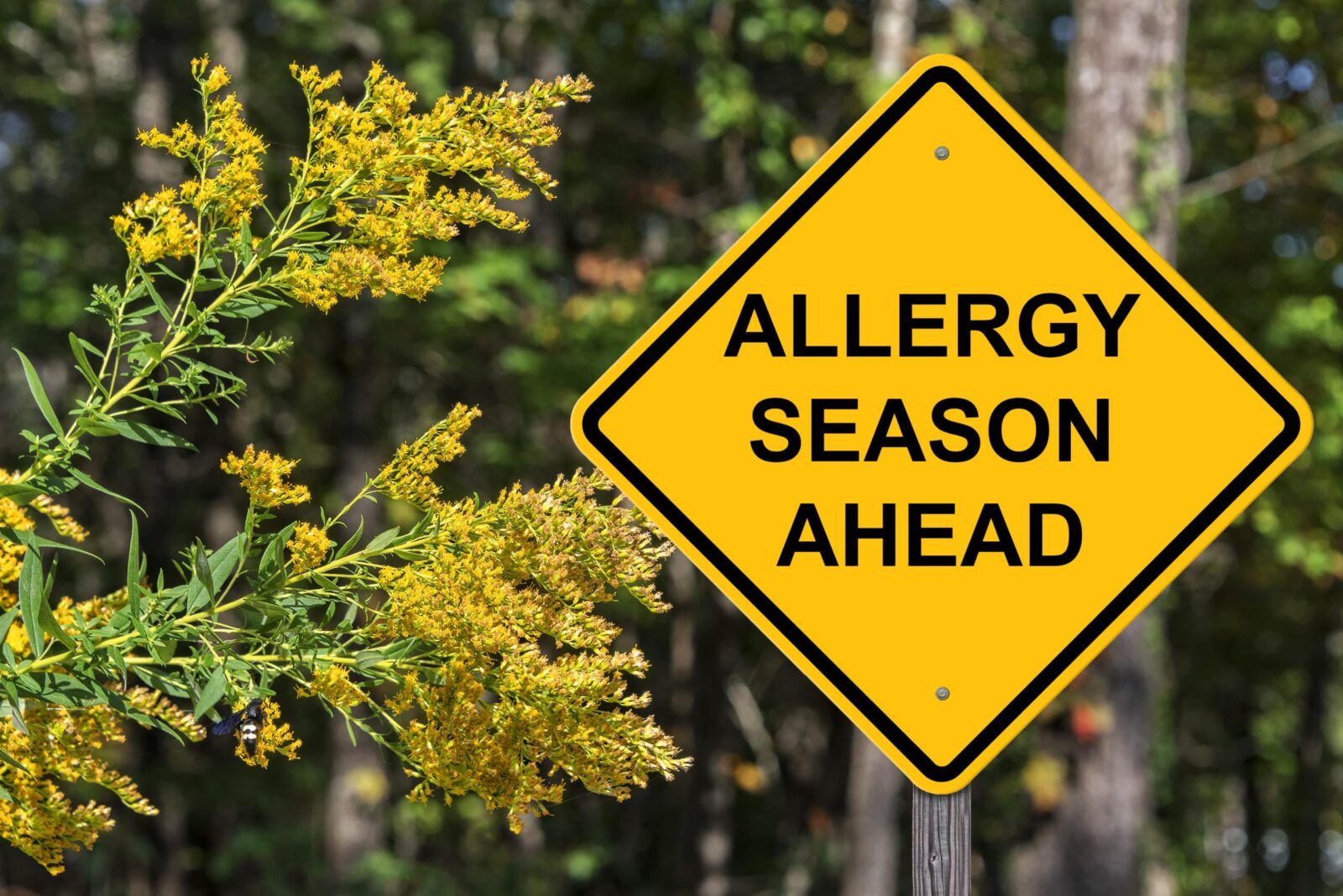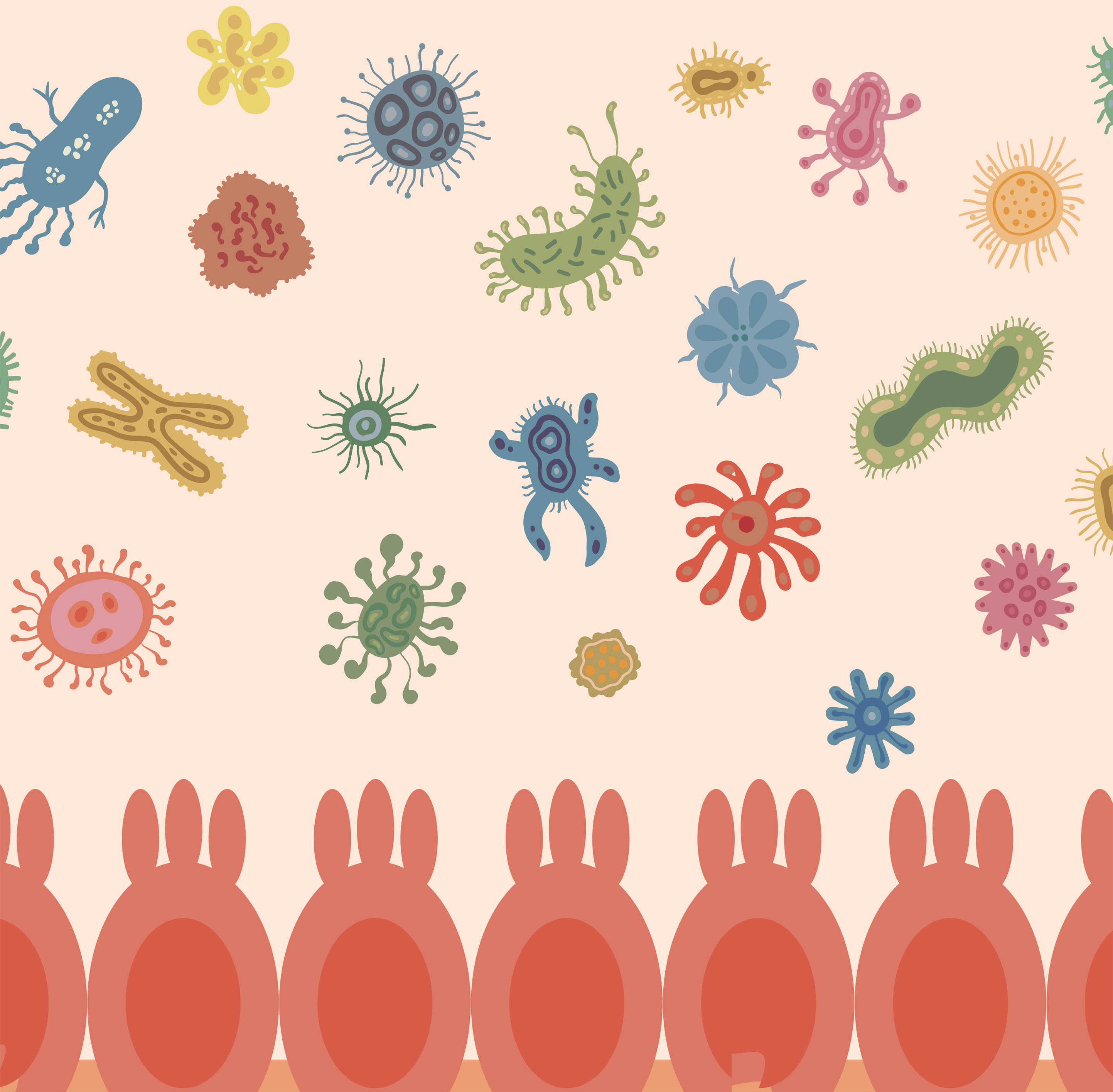At-A-Glance
- ALLERGY SEASON IS ALREADY HERE! If you have inhalant allergies (to grass, tree, ragweed, or any other pollen), symptoms may include sneezing, nasal congestion, runny nose, itchy eyes, facial puffiness, and too-much mucus (usually thin mucus that doesn’t affect your voice). Allergy “attacks” happen when you are exposed to offending allergens, aka antigens.
- On the other hand, if you have acid reflux, too-much mucus is often a constant problem that may be associated with chronic throat-clearing, hoarseness, globus, cough, and sometimes, heartburn and/or indigestion. Sneezing and itchy eyes are not symptoms of reflux, and generally, reflux-caused mucus is thick, whereas allergic mucus is thin.
- It is important to differentiate allergies from acid reflux (LPR) since the treatments for each condition are different; but that said, many people have both. Reflux symptoms can come and go, but allergy can trigger or worsen reflux. Indeed, anything that irritates the lining membranes of the nose and throat can upset your reflux apple cart, that is, worsen your acid reflux.
One of the most common misdiagnoses in my experience is “allergy.” That’s because reflux, especially Silent Nighttime Reflux is associated with too-much mucus, which is hard to move … say cough it off your vocal cords when some gets down there. The reason is that the lining membranes of the respiratory system (especially the ears, nose, and throat) are mucus membranes; and when irritated, mucus membranes make more mucus. A key feature that differentiates allergy from acid reflux is that the mucus is different; with allergy, the mucus is thin and clear, but with reflux, it is thick and white.
Since inhalant allergies and acid reflux are both common, the question arises: can allergies cause acid reflux and can allergies make acid reflux worse. The answer is yes. A lot of people with reflux manage well enough throughout the year until allergy season. The irritation of allergy apparently weakens anti-reflux defenses of the throat. In other words, acid reflux and allergies are common companions, and allergy can cause reflux, but not apparently the other way around. The exact mechanism of how allergies cause reflux is unknown, but as an experienced clinician, I am certain that they do!
How Should I Treat My Allergies?
Your treatment choices will depend upon your symptoms. For people with predominantly allergic nasal symptoms (sneezing, constant post-nasal drip, and nasal congestion), twice-daily use of a steroid inhaler, e.g., fluticasone (Flonase), triamcinolone (Nasacort), during the allergy season work well, but only if used twice a day, every day.
For people who have itchy eyes, puffy face, and other allergy symptoms, a non-drowsy antihistamine can be very helpful. (Claritin and Allegra, commonly-used, allergy-treatment brand names, can be substituted with less-expensive generic alternatives.) Note: If you are taking famotidine (see below) and an antihistamine, the two drugs may interact to give you the side-effect of dry mouth. For most people, I do not recommend allergy shots as they are expensive and inconvenient and they don’t always work.
How Should I Treat My Acid Reflux?
I always initially recommend comprehensive treatment for Acid Reflux, that is, a strict three-week reflux detox with the following elements:
Close the kitchen, stop eating 5 hours before bed
Sleep half-sitting-up at a 45-degree angle
Take famotidine 20 mg. 15-30 minutes before breakfast and dinner, and 40 mg. before bed
Take Gaviscon Advance Aniseed, one-swallow after your evening meal and before bed
Drink alkaline water (pH >9)
Chew gum or suck on a hard candy each time after eating
Consume a low-fat, low-acid diet; see Dropping Acid: The Reflux Diet Cookbook & Cure, plus no alcohol, chocolate, citrus, onion, garlic, tomato, pepper, and nothing out of a bottle or can except still water
Remember: If possible, avoid taking antihistamines with your famotidine as this can cause dry mouth. AND, a word of warning: stay away from Proton Pump Inhibitors (PPIs) like Nexium, Prilosec, and the like. They are potentially very harmful, even cancer-causing, and work no better than safer choices like famotidine.










